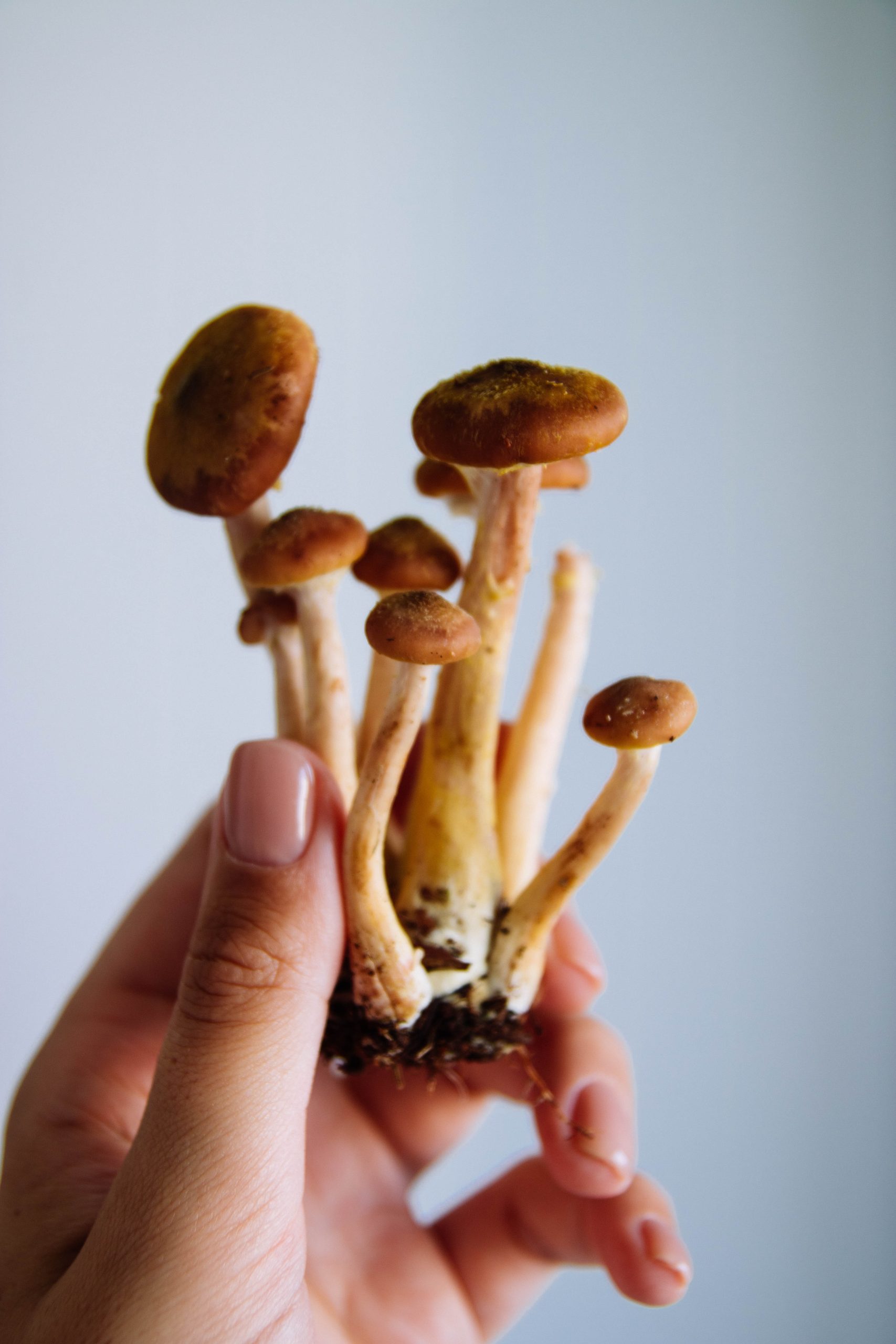- 8 May 2023
- 124
The Hidden Potential of Oyster Mushrooms: A Journey of Exploration

Oyster mushrooms, with their delicate taste and meaty texture, have been used in Asian cuisine for centuries. However, in recent years, their potential has been increasingly recognized, and they have gained popularity in Western cuisine as well. Beyond their use in the kitchen, oyster mushrooms also have a wealth of health benefits and applications in various fields.
Oyster mushrooms are rich in protein, fiber, and vitamins B and D, making them a nutritious addition to any diet. They also contain ergothioneine, a powerful antioxidant that helps protect against cellular damage and oxidative stress. Studies have shown that consuming oyster mushrooms can improve immune function, lower cholesterol levels, and reduce inflammation.
But the benefits of oyster mushrooms extend beyond the kitchen and into other areas of life. For example, oyster mushroom mycelium, the vegetative part of the fungus, has been used for its medicinal properties. It is said to have anti-inflammatory, antiviral, and antibacterial properties, making it a useful ingredient in natural remedies and supplements.
In addition to their health benefits, oyster mushrooms also have numerous environmental benefits. They can be grown on a variety of waste materials, such as coffee grounds, sawdust, and agricultural waste, making them a sustainable crop. They also have the ability to break down toxic pollutants in the soil, making them useful for bioremediation projects.
Oyster mushrooms have also found a place in the beauty industry. Extracts from the mushroom have been used in skincare products for their anti-aging and anti-inflammatory properties. They are said to help brighten and even out skin tone, reduce fine lines and wrinkles, and soothe skin irritation.
But perhaps the most exciting application of oyster mushrooms is their potential as a sustainable alternative to traditional materials. Oyster mushroom mycelium can be used to create a variety of products, including biodegradable packaging, insulation, and even leather. Mycelium-based materials have the potential to replace plastics and other non-biodegradable materials, reducing waste and environmental damage.
Despite their many benefits, oyster mushrooms are still relatively unknown outside of culinary circles. However, as more research is done on their potential uses, it is likely that they will become increasingly popular in a variety of fields. From improving health to helping the environment, the humble oyster mushroom has a lot to offer.

